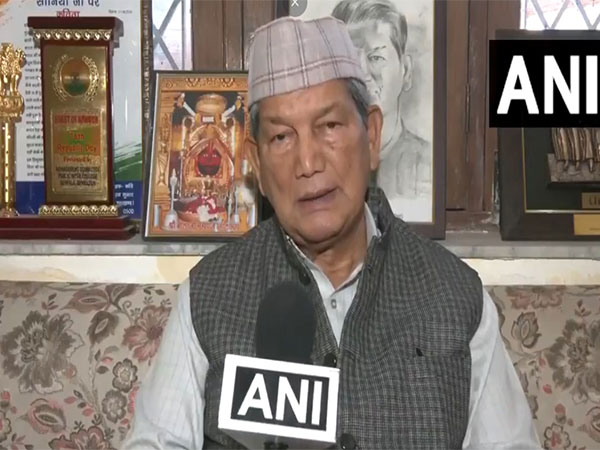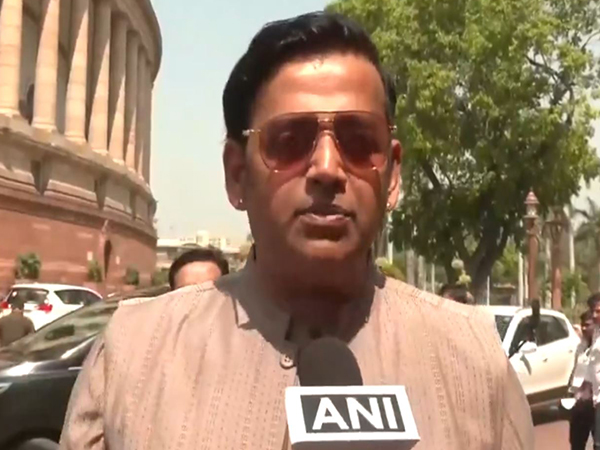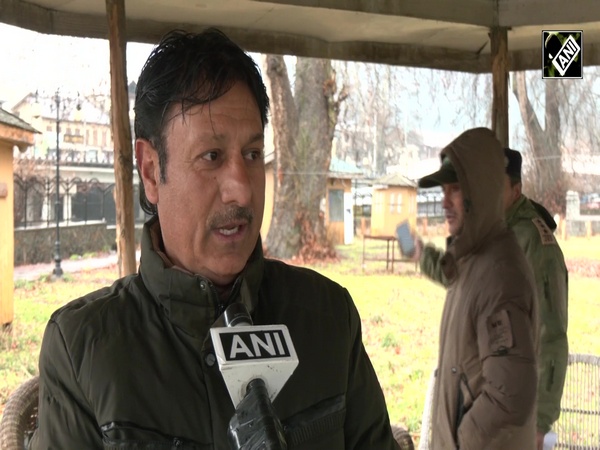Nepali Congress leader Pradip Giri passes away
Aug 21, 2022

Kathmandu [Nepal], August 21 : Nepali Congress leader and lawmaker Pradip Giri passed away at the age of 74 on Saturday evening.
Nepali Prime Minister Sher Bahadur Deuba, who is also the president of the Nepali Congress, condoled the death of Giri, who he described as a "true and good leader."
"I am very shocked by the news of the death of my friend Pradeep Giriji, the leader of the Nepali Congress and a philosopher and socialist thinker of Nepali politics. With his death, Nepal has lost a true and good leader. Wishing his soul eternal peace, I express my deepest condolences to the family at this sad time," Deuba said in the tweet.
The senior Congress leader breathed his last at around 9:30 PM (NST), according to the hospital where Giri was undergoing treatment. "Sad as it is but he is no more, salute Pradeep Giri," another NC leader Minendra Rijal tweeted.
Giri, who was battling health issues, underwent treatment in India for several months after he was diagnosed with cancer. His health condition deteriorated shortly after he returned home after treatment.
Most recently, he was suffering from pneumonia, which led to multiple organ failures. Giri was being treated with ventilator support a week ago as his health condition worsened. He had stopped recognizing people and talking to others a few days ago.
Born in Siraha in eastern Nepal, Giri earned a Master's Degree in Philosophy and Economics from Jawaharlal University, India. Giri's father Netra Lal Giri was the NC leader. Inspired by his father, he joined NC in 1961.
Giri spent four years in jail during the Panchayati regime. He was a popular leader among leaders and cadres. Giri has also authored over two dozen books. A Gandhian politician, he was among a few leaders in Nepal who could interpret Marxism.
He was a two-time member of the Constituent Assembly, which drafted the Constitution of Nepal in 2015. He, however, refused to sign the document, saying the process was flawed and the constitution failed to address the concerns of various sections of the society--Tharus, Madheshis and Janajatis.
He had his sympathy for those who were protesting against the constitution-writing process even as top leaders of his party rushed to finalize the document.



















